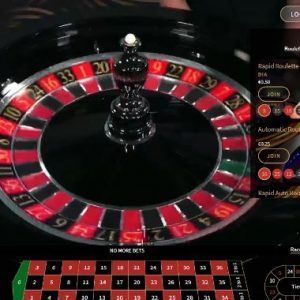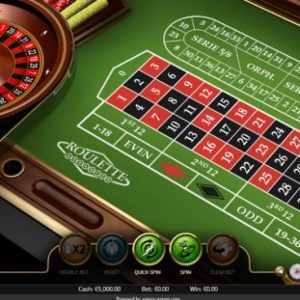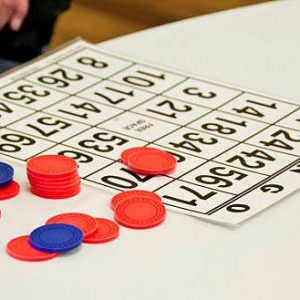The game of blackjack, also known as twenty-one, is not just a test of luck but also a fascinating intersection of strategy and mathematics. Understanding the mathematical principles behind blackjack can significantly enhance a player’s chances of success. Here, we explore the key mathematical concepts that govern the game and the strategies that stem from them.
Exploring the Connection Between Blackjack and Mathematics
- The Basics of Blackjack
In blackjack, players aim to have a hand value as close to 21 as possible without exceeding it. The game typically involves a standard deck of 52 cards, and the values of the cards are as follows:
– Number cards (2-10) are worth their face value.
– Face cards (Kings, Queens, Jacks) are worth 10.
– Aces can be worth either 1 or 11, depending on which value benefits the hand.
- Probability and Odds
Understanding probability is crucial in blackjack. It governs the likelihood of different outcomes based on the cards in play.
- Card Counting
One of the most famous mathematical strategies in blackjack is card counting. Players track the ratio of high cards (10s and Aces) to low cards (2-6) remaining in the deck. A higher ratio of high cards increases the player’s chances of getting a blackjack or winning, as these cards favor the player. Various counting systems, like the Hi-Lo system, assign values to cards to help players keep track of the count.
- Odds of Winning
Mathematics helps players calculate the odds of winning specific hands. For example, the probability of being dealt a blackjack (an Ace and a 10-value card) can be calculated by considering the possible combinations of cards and the total number of combinations in the deck.
- Expected Value (EV)
The concept of expected value is essential in making informed decisions in blackjack. It calculates the average outcome of a particular move over time.
- Calculating EV
Players can calculate the expected value of hitting, standing, doubling down, or splitting hands. For instance:
– If the player doubles down on a hand with an expected win of $30 and a $10 bet, the expected value will be:
\[
EV = (Probability\ of\ Winning \times Payout) + (Probability\ of\ Losing \times Loss)
\]
This calculation helps players evaluate whether a specific decision will likely result in a profit over many hands.
- Basic Strategy
Mathematics underpinning optimal play leads to the development of basic strategies that advise players on the best actions to take based on their hand and the dealer’s upcard.
- Strategy Charts
These charts are derived from extensive mathematical simulations that determine the best statistical moves. For example, the chart suggests whether to hit or stand based on combinations of your hand’s total and the dealer’s visible card. Learning and following these basic strategies can reduce the house edge and improve chances of profitability.
- House Edge
The house edge is the mathematical advantage that the casino holds over the player. Understanding how the house edge is calculated—typically around 0.5% to 1% for a player using basic strategy—can help players strategize effectively.
- Risk Management and Bankroll Management
Math plays a significant role in managing risk in blackjack. Players should calculate how much of their bankroll they are willing to lose on a given session and set limits accordingly.
- Betting Strategies
Some players employ betting systems, such as the Martingale system (doubling bets after losses), which can be analyzed mathematically for risk versus reward. While these strategies can help manage bankroll fluctuations, they can also lead to significant risks if not used judiciously.
Conclusion
The connection between blackjack and mathematics is profound, affecting every aspect of the game from basic probability to strategic decision-making. By understanding the mathematical principles at play, players can improve their chances of success and approach the game not just as a gamble but as a strategic endeavor. This mathematical insight can transform the way one plays blackjack, turning a casual game into an intellectual challenge. Whether you’re a seasoned player or a novice, appreciating the mathematical underpinnings of blackjack can enhance both your skill and enjoyment of the game.






